Limbo
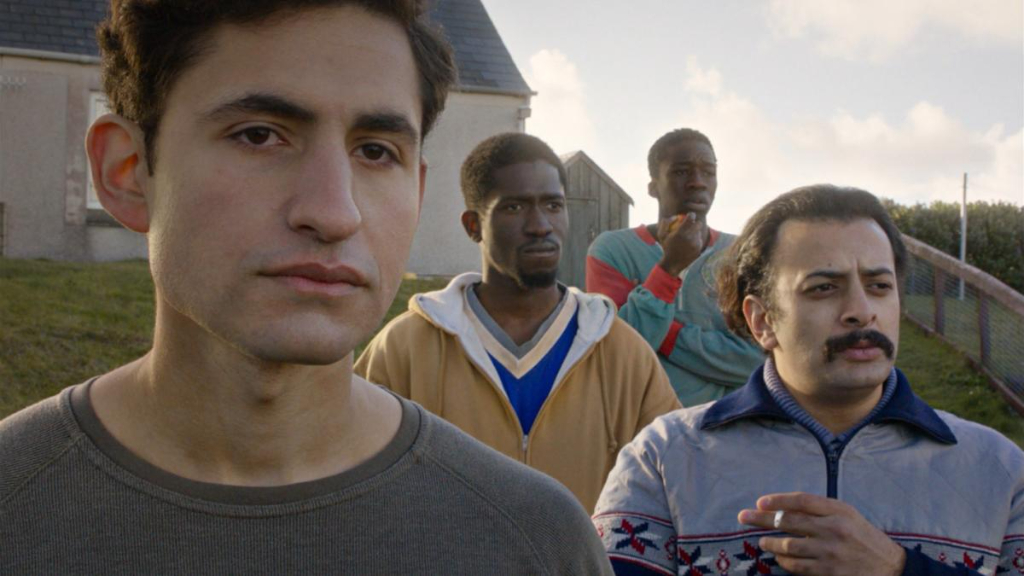
16th October 2020 6.30pm at <a href='https://www.bfi.org.uk/bfi-player'>BFI Player</a>
Deeming Limbo a comedy-drama arguably does a disservice to the work of director Ben Sharrock and the multiple cast members that put their heart and soul into the film. Centring on the journey, or the lack thereof, of a group of asylum seekers, the narrative finds them stranded in a remote corner of Scotland receiving cultural awareness schooling as they wait for their immigration claims to be processed. For Omar (Amir El-Masry) and the others, this state of nothingness becomes a source of frustration, but they must do what they can to pass the time until they are allowed to leave – or worse, are taken away and sent home. Limbo tells this story with a light heart, but what lies slightly obscured underneath packs a punch that slaps the smiles right off the audience’s faces.
Cunningly scripted and directed by Sharrock, the picture delivers exactly what its title suggests: a chilling example of a real-life purgatory on earth that is experienced beyond common awareness. Limbo embraces the key tenets of indie filmmaking, capturing humorous cinematography and lingering gazes that bring to mind Napoleon Dynamite and The Last Black Man in San Francisco. The feature addresses a number of significant themes during its 103-minute duration, including racism, sacrifice, perseverance, justice and survival, all the while encapsulating them in an easily digestible pill prescribed by a wonderfully unique cast.
Hailing from Istanbul, Omar is subjected to racism instantly; the disparity between differing cultures becomes evident in scenes where he encounters the local youths. Sharrock is very frank in the portrayal of these social issues, which are undeniably still present in modern UK society. However, the director takes the time to study these matters from the distinct perspective of the isolated asylum seeker, delving deeper into the greater anxieties that occupy their minds, where subjection to racism is actually the least of their concerns. The very real fear that some migrants have regarding how they may be treated by the UK system is also portrayed in the film, reflected by Omar’s father asking him over the phone: “Is it like Guantanamo?”. Well, remote areas of Scotland can be thought of by some as rather similar, but personal tastes aside, it is quite the opposite in some characteristics.
Although it is an amalgamation of factors that make this film so powerful, special notice must be given to Nick Cooke’s masterful and inspiring cinematography. His work includes some bleak but beautiful shots of rural Scotland; a commanding use of the camera through sightlines, rule of thirds and portraits to deliver a comedic touch; and a variation of the aspect ratio to produce gorgeous effects. The soundtrack also matches the activity on-screen, proving to be relatively random at times to mirror the feature’s spontaneous and crafty style. Ranging from 70s pop to opera, the wide selection of music ultimately provides a more sensory experience.
Limbo is haunting in its depiction of how some circumstances encourage individuals to grasp onto the simple things in life. In this curious version of solitude, friendships are built whilst exchanging oranges and trading stories of hardship, eventually bringing those experiencing these same situations together in unity. The countless comic sequences are executed to brilliant effect, providing the characters respite in a sea of struggles. However, there is a far more serious undertone and theme to this film that is constantly ringing like tinnitus, reminding the viewer endlessly that although this movie is a source of entertainment, one better not forget its true message.
Guy Lambert
Limbo does not have a UK release date yet.
Read more reviews and interviews from our London Film Festival 2020 coverage here.
For further information about the festival visit the official BFI website here.
Watch the trailer for Limbo here:

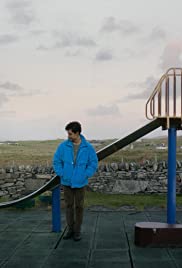

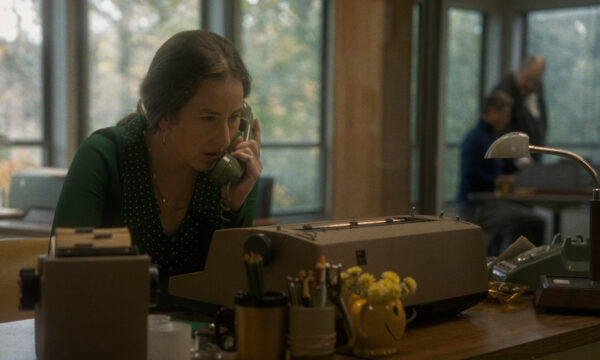


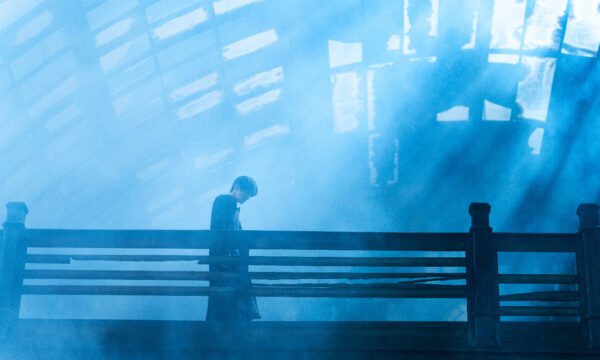
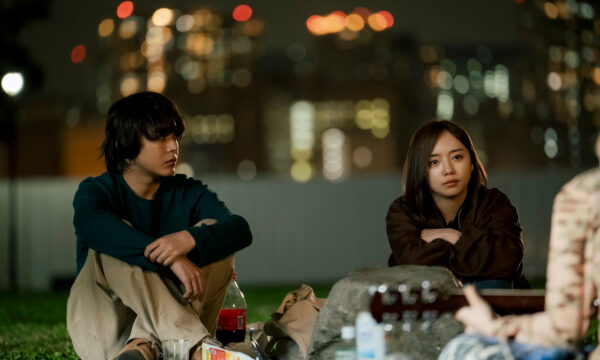
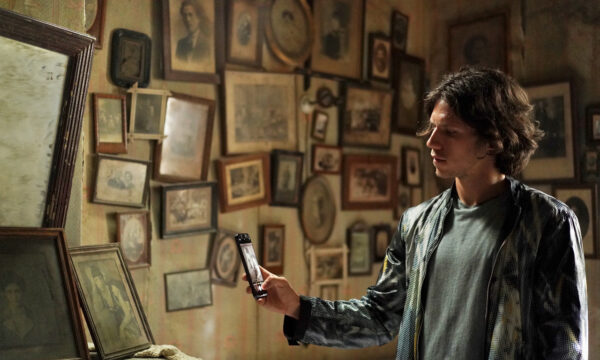

















Facebook
Twitter
Instagram
YouTube
RSS